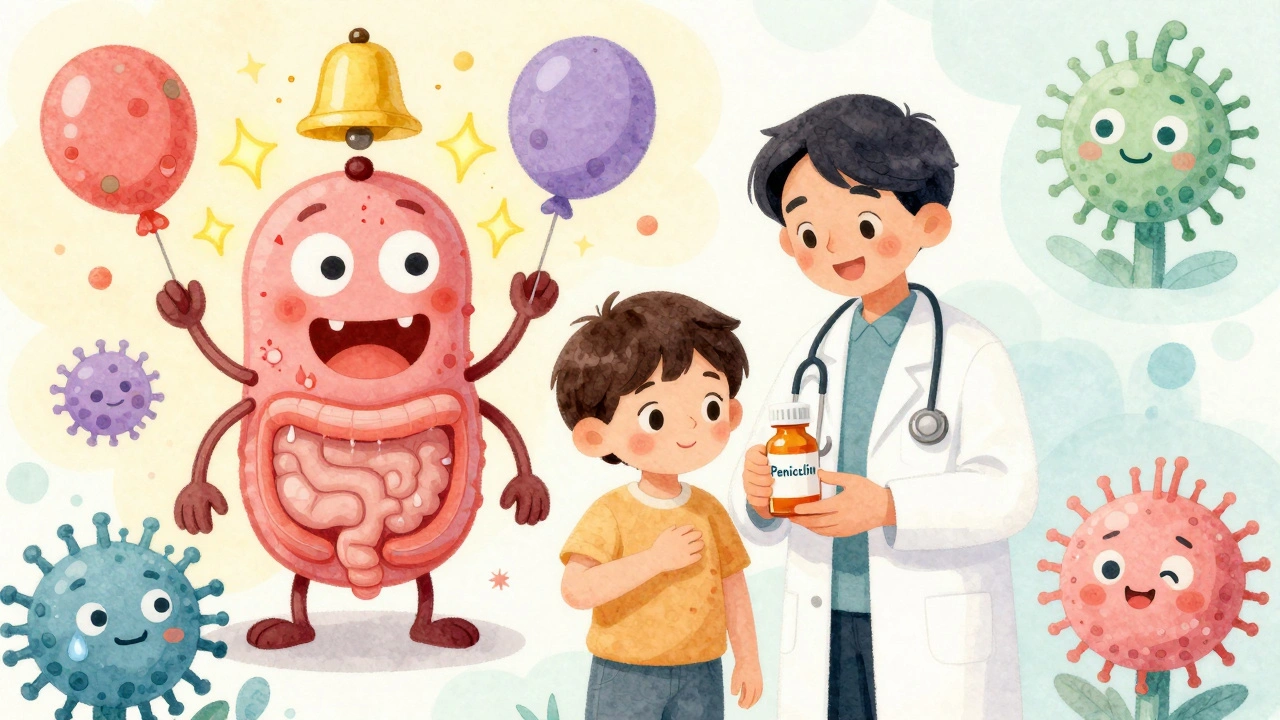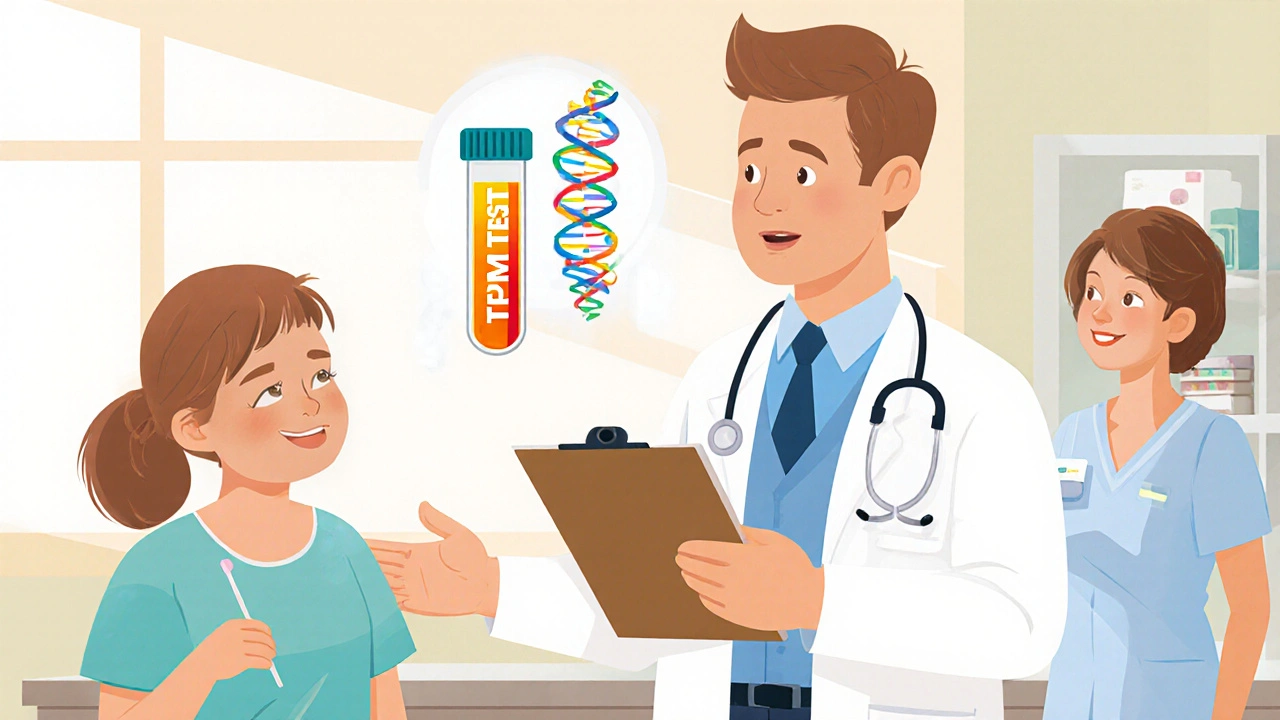Side Effects: Quick Guide to Spotting and Managing Drug Reactions
Everyone who takes medication has heard the phrase “possible side effects.” Those warnings can feel scary, but they’re also a handy road map for what to expect. Knowing the most common signs helps you act fast, keep symptoms under control, and stay on track with your treatment.
Side effects range from mild (like a dry mouth) to serious (like breathing trouble). Most are short‑lived and go away on their own, but a few need medical attention. The key is to recognize the pattern: did the symptom start after you began the drug? Did it get worse with each dose? Answering those questions quickly can save a lot of hassle.
Typical signs to watch for
Here are the everyday reactions you’ll see most often. A headache, nausea, or mild dizziness usually shows up in the first few days. Skin rashes, itching, or a slight fever are also common. If you notice any of these, note when they started and whether they improve after you skip a dose or take it with food.
More specific clues depend on the medication class. Blood pressure pills may cause a drop in energy or a faint feeling. Antidepressants can bring changes in sleep patterns. Antibiotics often lead to stomach upset or yeast infections. Keep the drug’s name handy and compare its known side‑effect list with what you feel.
What to do when side effects appear
The first step is to read the label or the info sheet that came with the prescription. It usually tells you which reactions are normal and which need a call to your doctor. If the symptom is mild, try adjusting the dose (only if your doctor says it’s OK) or taking the drug with food.
When the reaction is moderate—like persistent vomiting, a rash that spreads, or a rapid heartbeat—contact your pharmacy or doctor right away. They might switch you to a different drug or give you a short‑term remedy to calm the side effect.
Severe reactions require immediate care. Trouble breathing, swelling of the face or tongue, or severe skin blisters are emergency signs. Call 911 or go to the nearest emergency department. Time matters, and acting fast can prevent a serious outcome.
Keeping a side‑effect diary makes the process easier. Write down the date, the medication, the dose, and what you felt. Over time you’ll see patterns that help your doctor fine‑tune your treatment.
Also, remember that not every new symptom means a drug problem. Sometimes an illness itself or a change in diet can mimic side effects. That’s why sharing the diary with a healthcare professional is crucial—they can separate the drug’s impact from other factors.
In short, side effects are a normal part of taking medicine, but they don’t have to derail your health plan. Spot the signs early, stay informed, and know when to reach out for help. By staying proactive, you keep the benefits of your medication while minimizing the downsides.
Drug Allergies vs. Side Effects: How to Tell Them Apart and Stay Safe
Learn how to tell the difference between a true drug allergy and a common side effect - and why confusing them can lead to dangerous treatment choices and higher healthcare costs.
Azathioprine TPMT Testing: How to Avoid Severe Side Effects
Learn how TPMT (and NUDT15) testing can prevent severe side effects from azathioprine, with dosing tips, monitoring guidelines, and real‑world cost insights.
Rhinocort Nasal Spray: Relief, Dosage, and Side Effects Explained
Everything you should know about Rhinocort nasal spray: how it works, dosing tips, effectiveness, and side effects. Written for real-life allergy sufferers.
© 2026. All rights reserved.


